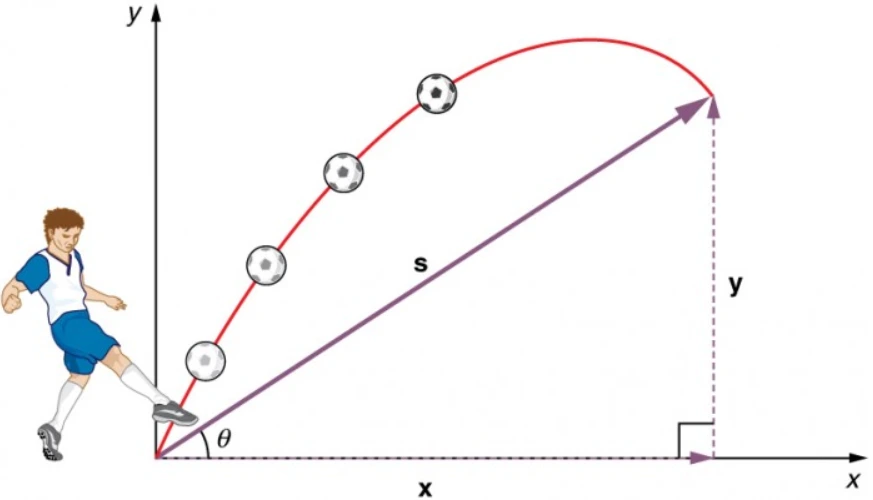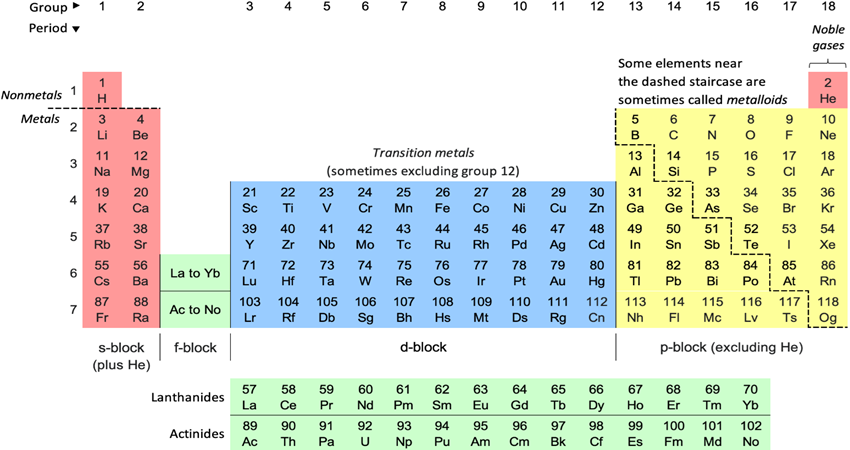The foundation of mechanical and aeronautical engineering is thermodynamics, which offers vital insights into energy transformation, system behavior, and basic physical concepts. Understanding the fundamentals of engineering thermodynamics is crucial for resolving challenging real-world problems, regardless of experience level.
[sc_fs_faq html=”true” headline=”h2″ img=”” question=”What is Engineering Thermodynamics?” img_alt=”” css_class=””] A subfield of physics called engineering thermodynamics studies the connections between energy, temperature, work, and heat. From power plants and refrigeration systems to automobile engines and renewable energy technologies, it aids engineers in the analysis and design of systems involving energy transformation and transfer. [/sc_fs_faq]
The Four Laws of Thermodynamics: A Fundamental Framework
Thermal Equilibrium, ZEROTH LAW: The concepts of temperature and thermal equilibrium are established by this law. Two systems are thermally equal to one another if they are also thermally equal to a third system. Although it may seem straightforward, it is essential to comprehending heat transmission and temperature readings.
The FIRST LAW: Energy Conservation: This idea, which is frequently referred to as the concept of energy conservation, asserts that energy can only be changed from one form to another and cannot be created or destroyed. For engineering applications, this entails monitoring the flow and transformation of energy within a system, which is essential for creating effective machinery and procedures.
Efficiency and Entropy in the Second Law: Entropy, a measure of disorder or unpredictability in a system, is introduced by this law. It explains why no heat engine can be 100% efficient and why heat always moves from hot to cold. This law helps engineers comprehend the basic constraints of thermal systems and optimize energy conversion procedures.
Absolute Zero is the Third Law: According to this law, absolute zero is the point at which entropy achieves its lowest value and molecular motion hypothetically stops. Despite its apparent abstraction, it offers important information about the characteristics and behavior of materials at very low temperatures.
Key Concepts in Engineering Thermodynamics
Thermodynamic Systems and Processes
Engineers classify systems based on their interaction with the surrounding environment:
- Closed Systems: Fixed amount of matter, energy can cross boundaries
- Open Systems: Matter and energy can both enter and exit
- Isolated Systems: No interaction with the surroundings
Understanding these system types helps engineers model and analyze complex thermal processes accurately.
Energy Transfer Mechanisms
Thermodynamics involves three primary energy transfer methods:
- Conduction: Heat transfer through direct molecular contact
- Convection: Heat transfer through fluid movement
- Radiation: Heat transfer through electromagnetic waves
Thermodynamic Cycles and Applications
Several critical engineering cycles demonstrate thermodynamic principles:
- Carnot Cycle: Theoretical ideal heat engine cycle
- Rankine Cycle: Used in steam power generation
- Brayton Cycle: Basis for gas turbine and jet engine operations
- Refrigeration Cycle: Fundamental to air conditioning and cooling systems
Practical Applications
Engineering thermodynamics plays a crucial role in:
- Power generation
- Automotive design
- Aerospace engineering
- HVAC systems
- Renewable energy technologies
- Manufacturing processes
Advanced Tools and Computational Methods
Modern engineers leverage sophisticated software and computational tools to simulate and analyze thermodynamic systems, including:
- Computational Fluid Dynamics (CFD)
- Finite Element Analysis (FEA)
- Thermodynamic simulation software
Developing Thermodynamic Expertise
To master engineering thermodynamics, focus on:
- Strong mathematical foundations
- Comprehensive understanding of physics principles
- Practical problem-solving skills
- Continuous learning and staying updated with technological advancements
Recommended Learning Resources
- Textbooks by renowned authors like Yunus Cengel
- Online courses from platforms like Coursera and edX
- Professional engineering forums and conferences
More than just a theoretical field, engineering thermodynamics provides a potent toolkit for resolving challenging real-world problems. Engineers may create more effective systems, spur technological advancement, and help address pressing global issues like sustainable energy production by comprehending its basic ideas.
| Read More Topics |
| Thermodynamics cheat sheet mastering the fundamentals of physics |
| Basic thermodynamics of refrigerators and heat pumps |
| Thermal physics: Introduction and modes of transfer |






